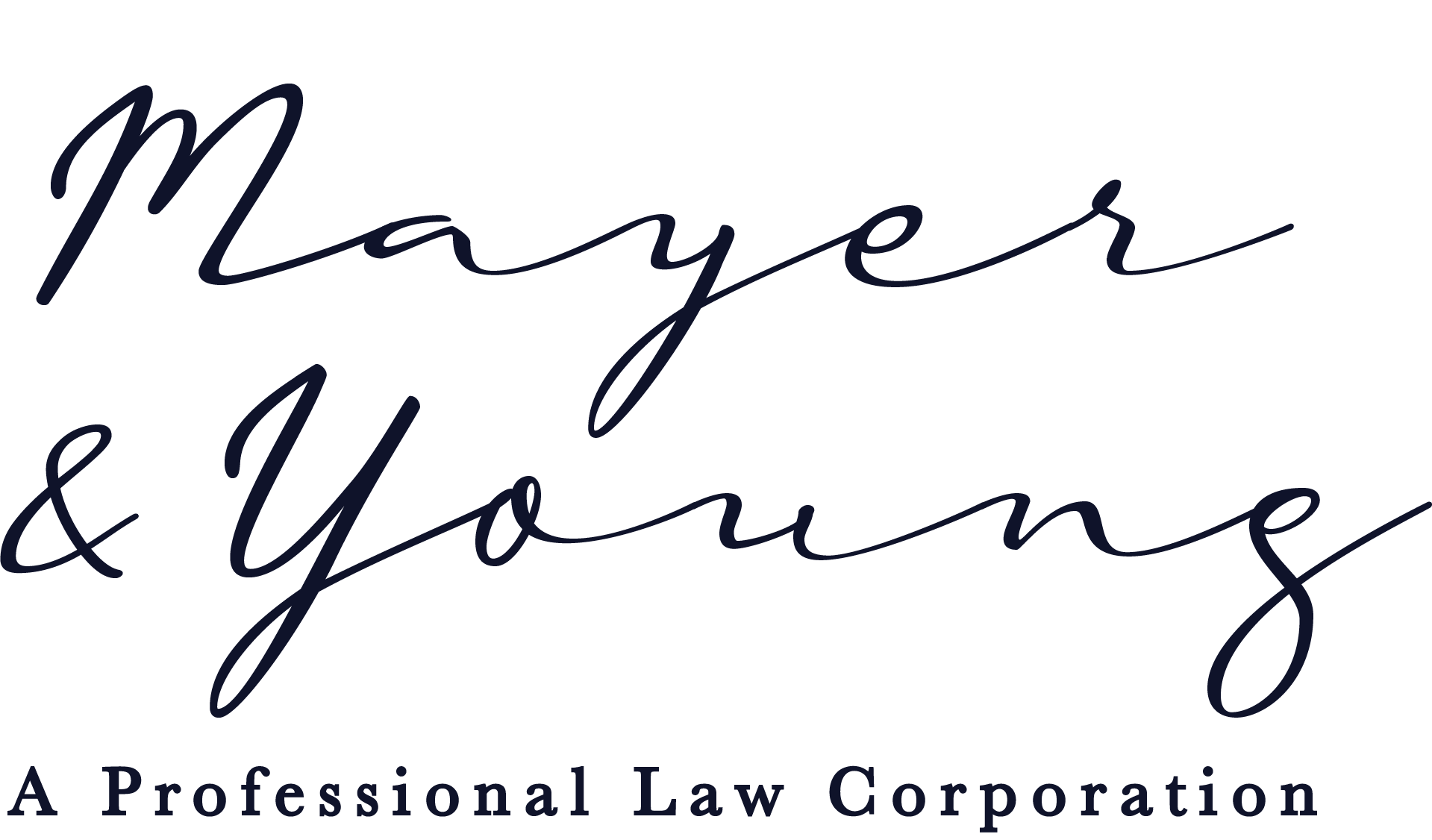Compassionate custody advocates for you and your family
What are the differences between child custody and visitation?
When dealing with custody in the family law courts, it is important to understand that there are two types of child custody: legal custody and physical custody. There is no preference in the law for whether the mother or the father gets primary legal or physical custody of a child. The law looks at the best interests of the child in making all custody determinations.
Legal custody
Legal custody involves the decision-making power for your minor children. Legal custody gives a parent the ability to fully participate in important decisions regarding a child’s welfare. Decisions that are impacted by legal custody include a child’s education, religious upbringing, and medical treatment. When parents have joint legal custody, they equally participate in the decision-making about the child’s welfare. Sole legal custody means one parent is vested with the decision-making responsibility for the child.
Physical custody
Physical custody refers to whom the child lives with. Joint physical custody means that the child spends significant time with each parent. When a parent has sole physical custody, the other parent (called the non-custodial parent) may still see the child through visitation orders.
Visitation
Visitation refers to the schedule that parents follow to see their children. Visitation can also allow grandparents or other persons to have an on-going relationship with a child. The court wants children to have frequent and continuing contact with a parent, and will use visitation orders to accomplish this as long as it is in the best interests of the child. Visitation can become complicated when a parent moves out of state, or relocates to a different county in California for work or other reasons. The court can order various types of visitation schedules to accommodate each family’s needs.
How do I change a custody or visitation order?
The court recognizes that lives do not stay static. Parents change jobs, lose jobs, remarry, sell their homes, and sometimes move away. As a result, court orders that once worked for you and your family may no longer be appropriate. The court has different standards for changing a custody or visitation order depending on whether the orders are temporary orders or final orders in a judgment. To change a custody or visitation order, a parent must either agree with the other parent and file a Stipulation and Order (which is an agreement between the parents), or, file a request for order and ask the court to change the custody or visitation order. If you want to discuss how to change a custody or visitation order, call our office at (916) 631-1996 for a reduced fee consultation today.
What is mediation? Do I have to attend mediation?
Mediation is required in every case where there are minor children and custody is in dispute. Mediation involves both parents discussing custody and visitation with a court appointed mediator. If the parents can agree, the agreement can become a court order. If the parents cannot reach an agreement, the Mediator writes a recommendation for the court to review and for the judge to make orders on.
Call our office today at (916) 631-1996 for a reduced fee consultation to discuss your case.


